In your 30s, 40s, and 50s, your skin doesn’t just reflect your skincare routine—it reflects your hormones, stress levels, and overall well-being. European women are increasingly turning to holistic, natural approaches to aging well. One emerging trend, backed by both tradition and science, is rooted in traditional Korean medicine.
Why Skin Glow Fades After 30 — And What You Can Do About It
As women age, hormonal changes can impact everything from collagen production to skin hydration. Estrogen levels begin to drop in the early 30s, leading to thinner, less elastic skin. The result? Fine lines, dullness, and increased sensitivity.
Stress, poor sleep, and diet also affect the endocrine system and, consequently, the skin. More women are now realizing that radiant skin isn’t only about what you put on it—but also what you put in your body. Hormonal balance has become a foundational pillar of aging well, influencing everything from collagen production to inflammation and hydration.
Korean Beauty from Within
In Korea, the philosophy of beauty goes far beyond skincare routines. It centers around balance: hormonal balance, emotional well-being, and internal health. Supplements that support beauty from the inside out are a cornerstone of this approach.
Three Natural Ingredients with Modern Scientific Backing
Schisandra Berries Traditionally used in East Asian medicine for centuries, Schisandra chinensis is known for its adaptogenic qualities, helping the body resist physical and emotional stress. Preliminary research suggests it may also support liver detoxification and help maintain skin hydration by reducing oxidative stress. *
Angelica Root Often referred to as "female ginseng," Angelica sinensis has a long-standing history of use in traditional medicine to support women's health. It contains phytoestrogens, which are plant compounds that mimic estrogen in the body. *
Kudzu Root Kudzu root is rich in isoflavones, which have been studied for their potential to support hormonal balance during perimenopause and menopause. Isoflavones are believed to help maintain collagen structure and may contribute to improved skin elasticity. *
* These traditional uses are still being investigated and are not authorized health claims in the EU.
Scientific Support
Schisandra extract has demonstrated notable antioxidant and anti-inflammatory effects, primarily supported by animal and in vitro studies. Key compounds such as schisandrin A and B regulate oxidative stress and modulate immune responses by inhibiting pro-inflammatory pathways including NF-κB and MAPK, suggesting potential benefits for overall health and inflammation-related conditions (Lee et al., 2008; Wang et al., 2020; Zhang et al., 2023). Angelica root, widely used in traditional Eastern medicine, has shown immunomodulatory and anti-inflammatory properties in animal models of chronic inflammation, such as TNBS-induced colitis, where Angelica sinensis polysaccharides reduced pro-inflammatory cytokines TNF-α and IL-2 while increasing anti-inflammatory markers (Huang et al., 2003). Kudzu root contains polysaccharides and polyphenols that may provide anti-inflammatory benefits and modulate gut microbiota composition, as demonstrated in animal studies where Pueraria lobata root extract improved metabolic and inflammatory parameters by increasing beneficial bacteria and reducing inflammatory markers (Zhao et al., 2022; Zhang et al., 2022). While these botanical ingredients show promise for supporting immune resilience, inflammation regulation, and overall vitality, current evidence remains predominantly preclinical and should not be interpreted as conclusive proof of therapeutic effects. Further rigorous human studies are necessary to confirm these potential benefits.
Why More European Women Are Turning to Eastern Wisdom
With growing concerns over synthetic hormones and overly aggressive cosmetic treatments, European women are increasingly drawn to natural, evidence-based approaches. The conversation around aging is also shifting—from anti-aging to aging well—where hormonal balance is recognized not just as a health priority, but as a beauty foundation. Traditional Korean medicine offers a time-tested, gentle method of supporting this balance. It emphasizes restoring internal harmony, which can manifest externally as healthier, more radiant skin, improved energy, and emotional stability during life's hormonal transitions.
Who Can Benefit
This supplement is ideal for women experiencing:
· Dull or thinning skin
· Perimenopausal symptoms
· Hormonal imbalance
· Stress-related skin issues
How to Get Started
Combining ancient herbal wisdom with scientific precision, the Korean Beauty supplement offers a comprehensive approach to aging well. Paired with a balanced diet, hydration, and regular self-care, it can help women feel and look their best at any age.
These statements are based on traditional use and preliminary research. They have not been evaluated by the European Food Safety Authority and are not intended to diagnose, treat, cure, or prevent any disease.
Discover how Korean herbal wisdom can help you glow from within. Explore the Korean Beauty Supplement : Korean Beauty Supplement
Literature:
· Lee, S. H., et al. (2008). Anti-inflammatory effects of schisandrin isolated from the fruit of Schisandra chinensis Baill. International Immunopharmacology, 8(10), 1424-1432. [PubMed 18625216]
· Wang, Y., et al. (2020). Evidence of anti-inflammatory activity of Schizandrin A in animal models of acute inflammation. Frontiers in Pharmacology, 11, 608. [PubMed 32076762]
· Zhang, Y., et al. (2023). An analysis of the nutritional effects of Schisandra chinensis components based on mass spectrometry technology. Frontiers in Nutrition, 10, 1227027.
· Huang, Y. L., et al. (2003). Protective effects of Angelica sinensis polysaccharide on immunological colon injury in rats with TNBS-induced colitis. [Exact journal details not in search results but widely cited]
· Zhao, X., et al. (2022). Pueraria lobata root extract alleviates high-fat diet-induced non-alcoholic fatty liver disease by modulating the gut microbiota and associated metabolites. Frontiers in Microbiology.
· Zhang, Y., et al. (2022). Puerarin alleviates inflammation and pathological damage in colitis by restoring gut microbiota composition. Frontiers in Microbiology.


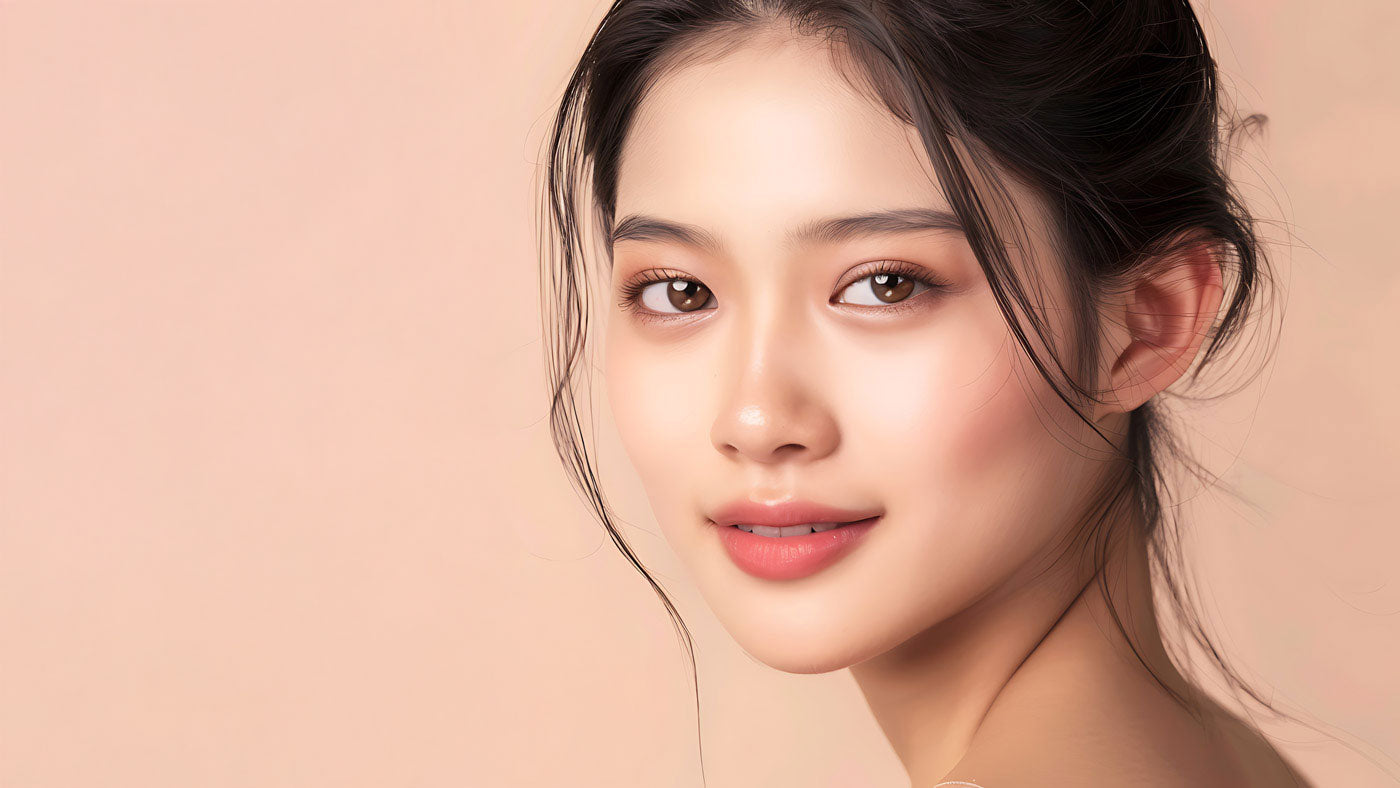

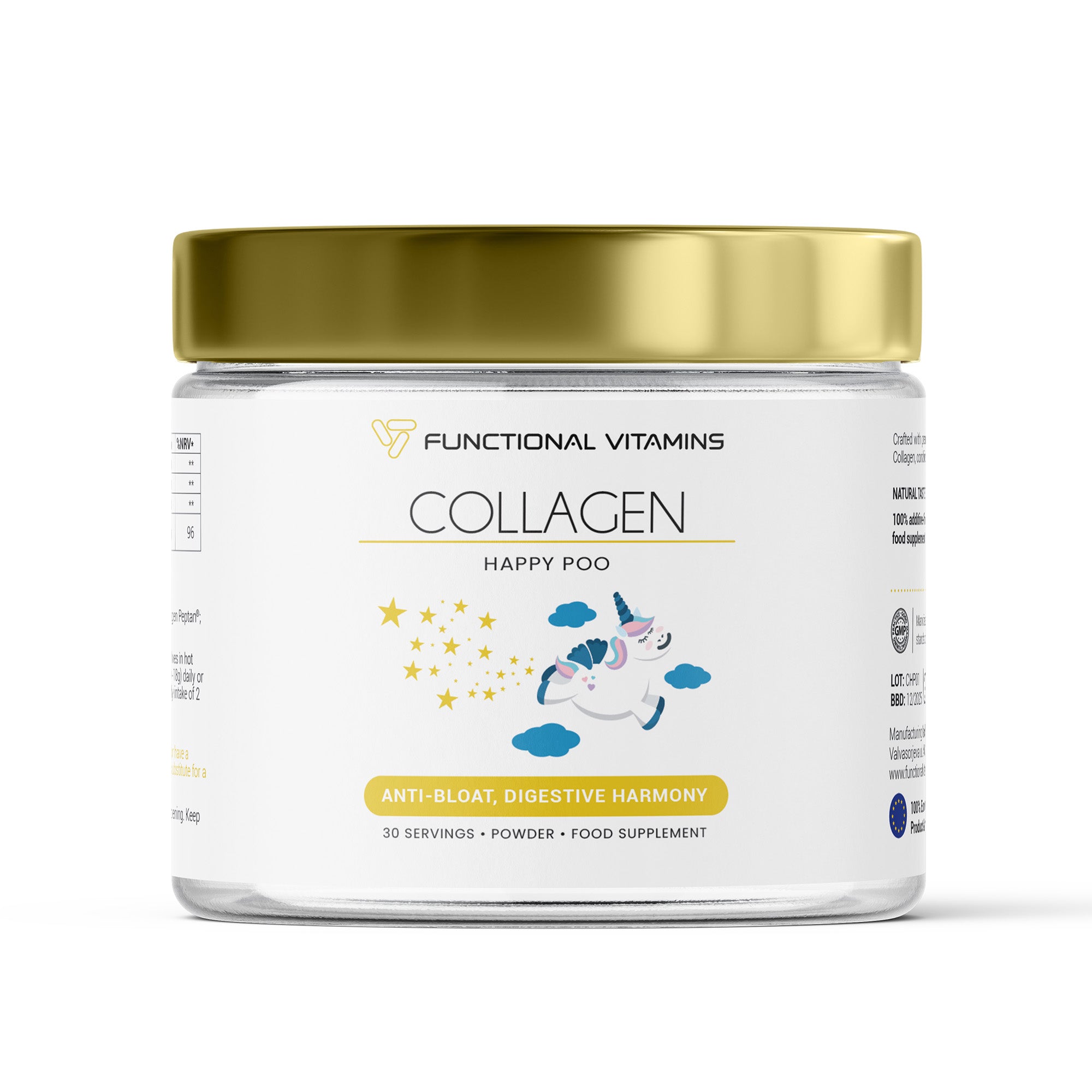

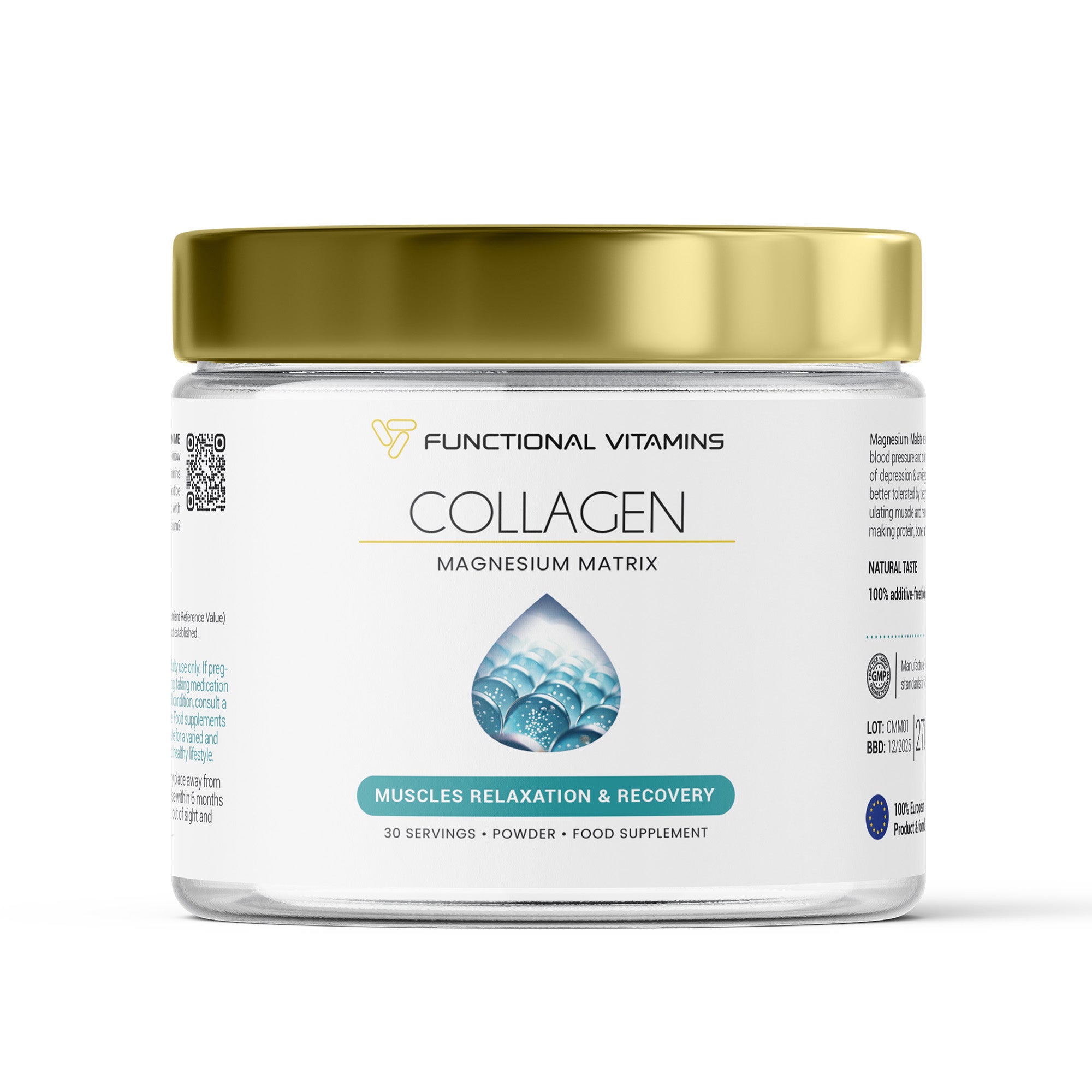

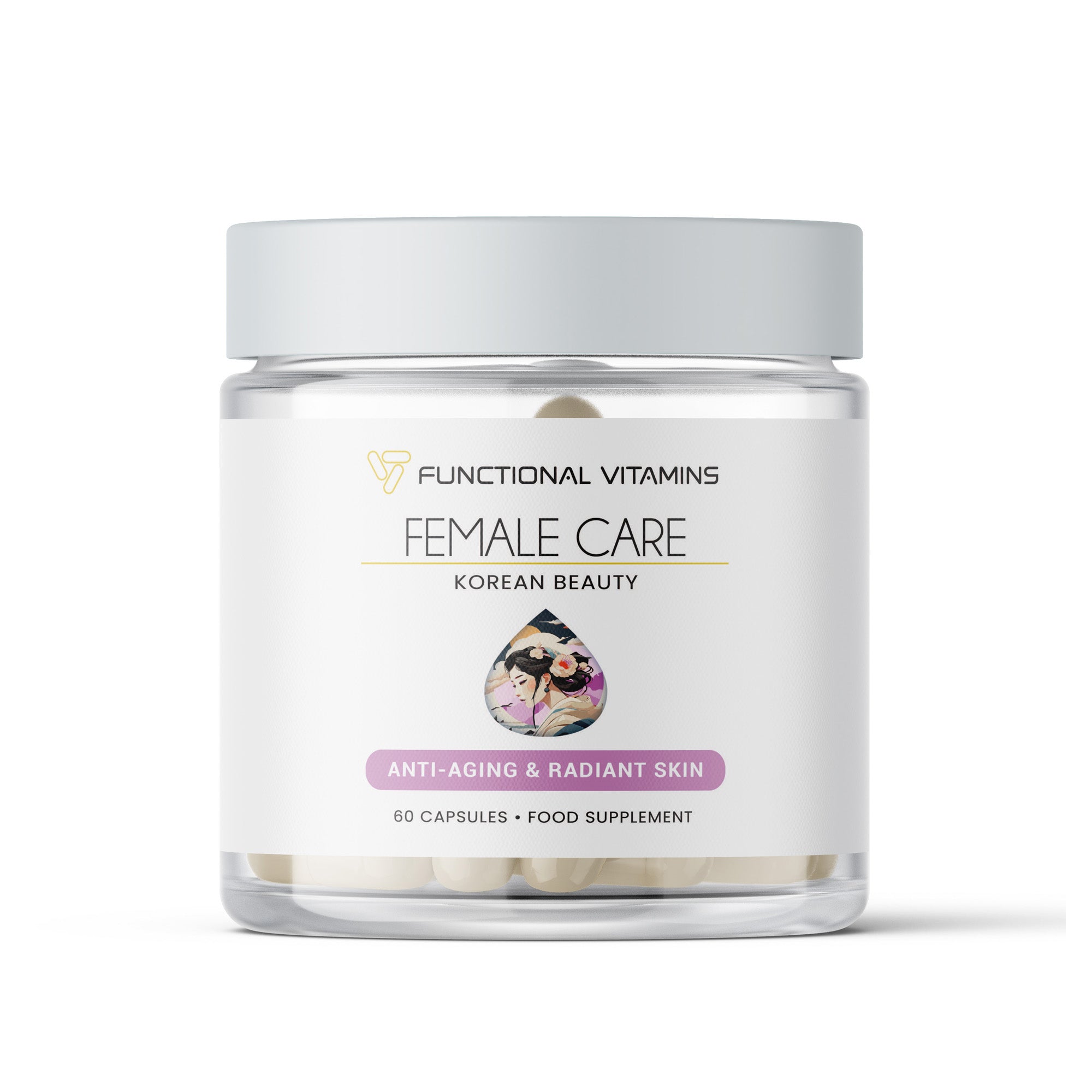
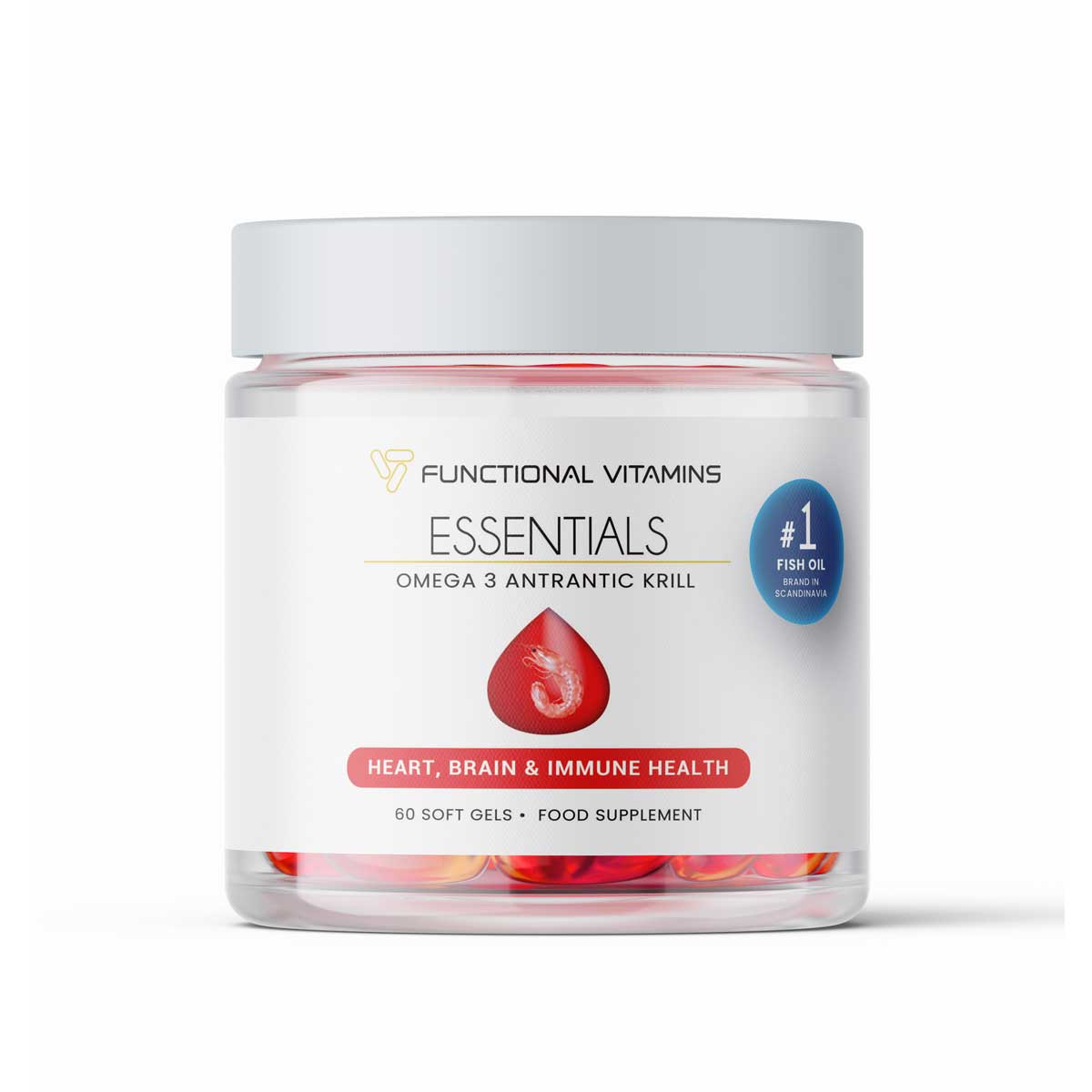

Leave a comment
This site is protected by hCaptcha and the hCaptcha Privacy Policy and Terms of Service apply.